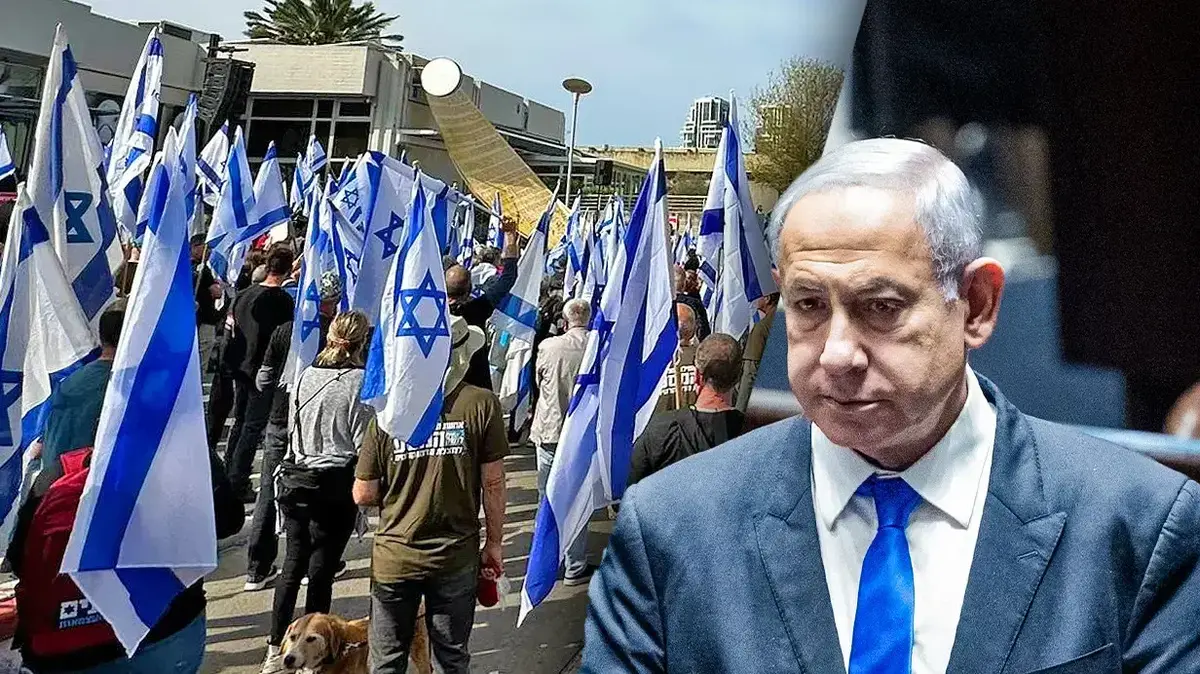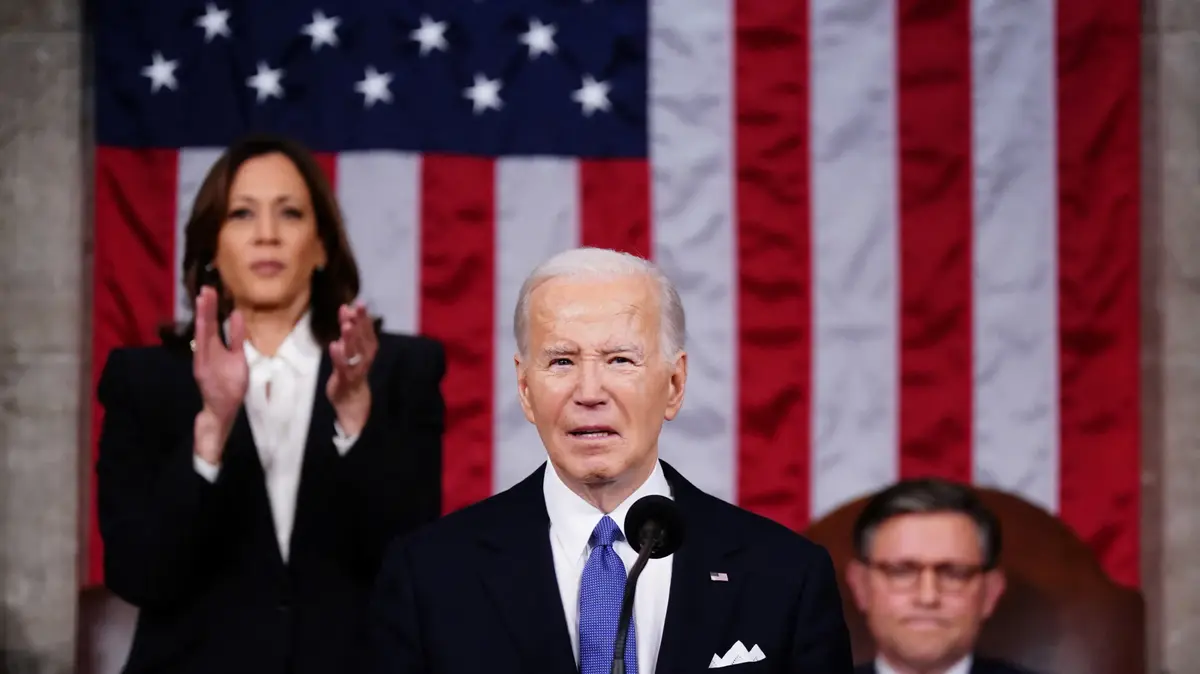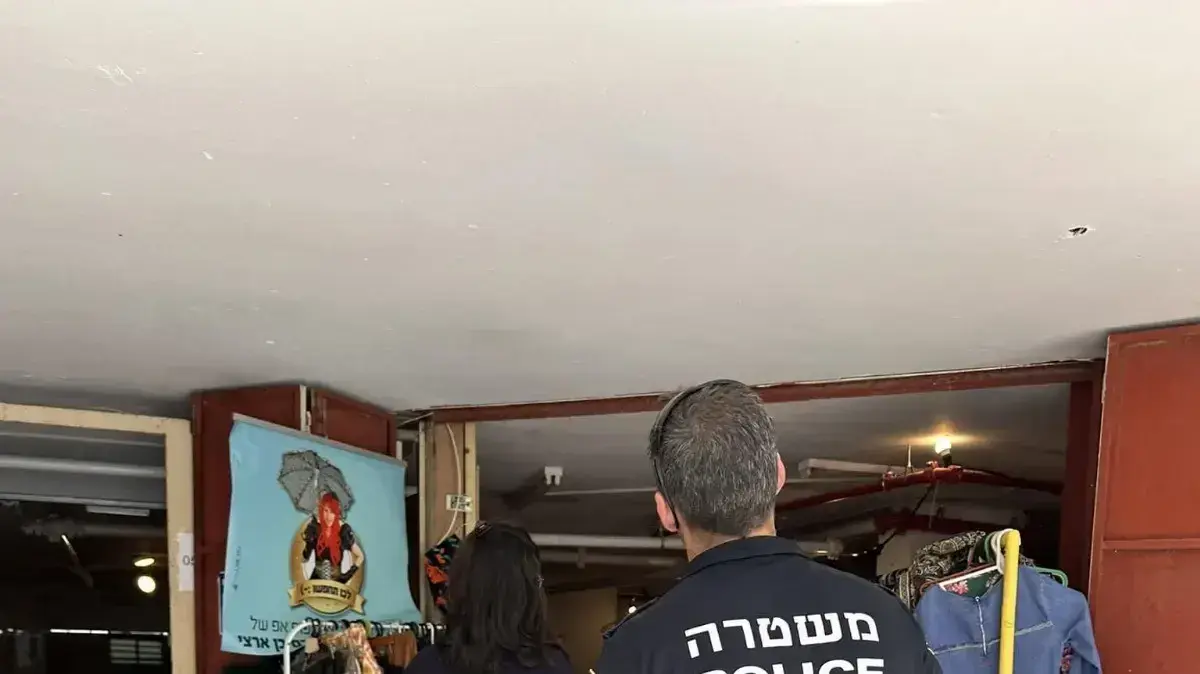Prime Minister against the background of the protest.
What is the alternative to talking?
Ruin and destruction? (Photo: Image processing, Yonatan Zindel/Flash 90)
Gandhi, Martin Luther King, and Rabin all sought compromise with the other side, and all paid for it with their lives.
In times of war, it turns out, the danger to people of peace and reconciliation emerges precisely from home.
In contrast, the opponents of the legal coup who will now agree to speak probably do not risk actual murder - but character assassination is almost guaranteed for them (see Gyora Island entry).
This phenomenon shows a danger not only to the good name of good people, but to the entire struggle.
The popular opposition to the legal coup is amazing and just.
It is a mosaic of professions, ages and currents, from all parts of the country, that pour into the streets with one catchy cry: D-mo-kert-ya!
I was there: at Mochash in Kaplan, and in demonstrations in front of the Knesset and the President's House. It is the organicity and spontaneity that give the movement its strength, but also its weak point: there is no agreed list of demands on the protesters, and no one is authorized to speak on their behalf.
As a result, the opponents of the 'reform' who are ready to negotiate with the other side, hesitate.
They do not have - because no one does - the status of representatives of the struggle, and this failure could endanger the entire enterprise.
For victory is within reach - the strength of the protest created a real need on the other side to compromise - but in the absence of an agreed leadership, parts of the struggle dismiss any attempt at dialogue as Chamberlainian condescension.
In response to such attacks - in a phenomenon known as the 'spiral of silence' - moderate voices choose to censor themselves, leaving the stage for less pragmatic voices.
I saw this firsthand when I attended 'secret' meetings with the other side.
There have been quite a few of these in the last few weeks, and members of the struggle consistently tried to discourage participants, the brave ones who came demanded anonymity, and when virtuous individuals - such as Yuval Albashan - publicly gave practical proposals, the character killers drew their pen, and the spiral intensified.
What is the alternative to negotiation and compromise?
There are those - including the leadership of the struggle headquarters and the opposition - who think that if we just set the street on fire enough, and set high enough thresholds for negotiations, the coalition will fold and the legislation will be shelved.
The optimists add that if the other side nevertheless goes all the way, and the country falls into a constitutional abyss, then the crisis will give birth to a liberal constitution.
There is a chance for these scenarios - but how likely are they?
And what is the likelihood that instead of a liberal constitution, the crisis will only give birth to a shambles?
Beyond the danger of the position, there is something unbelievable in shouting that the legislation is the destruction of the third house, and at the same time refusing to talk about changes to it.
The one who truly feels that the most precious thing to him stands in front of her, turns over every rock, responds to every face, and talks to everyone who can influence.
I understand the suspicion and the cynicism, the other side earned them with 'honesty', but when they take steps - clumsy, partial, and suspicious as they may be - in the direction of softening and rejection, why not build on these ('yes, if...') instead of laughing?
What should be the goal of such a conversation?
Simple: preserving democracy.
I wish we could reach broad agreements, but in order to prevent the destruction of the house it is not really necessary that the final legislation be acceptable to us.
There is nothing that this government does that is acceptable to me, and the world as usual does.
That's how it is in a democracy.
What is required, for which it is justified to set the area on fire, is the reduction of the legislation to the dimensions of a legitimate and consistent 'legal reform' with democracy, instead of the proposed 'regime coup'.
This is the goal, and everything that adds subtracts.
All the chips are currently on the table, and we're betting the entire pot.
This is a formula for overwhelming victory - but also for total loss.
Negotiating, on the other hand, is an attempt to lower risks, and convert the chips we have accumulated so far into what we really want.
There is no guarantee that we will achieve the goal in negotiations, but the likelihood seems...reasonable.
In any case, the mere willingness to try is not 'surrender', and there is no need to stop the protest until the end of the proceedings.
If at the negotiating table our maximum does not meet their minimum - then we return to the casino table, because there is nothing left to lose. On the other hand, if in the negotiations we reach something that we can live with, then we have made a move to 'realize profits', after having invested and risked so much.
This does not absolve the government of their responsibility.
They not only threatened democracy in a way that rightly shocked the state, the Israeli diaspora, and world leaders, they also caused unforgivable damage to the unity of the people, to its economy, to the strength of the IDF, to Israel's international status, and to the public's trust in its elected representatives and judges. It is hoped that the voter will come to terms with them in the next election.
But we should not let the anger - justified as it was - divert us from the goal for which we went into battle, and from the fact that it is within reach. On the contrary: the camp that sees Gandhi, Martin Luther King, and Rabin as role models, should now imitate them. A good place to start is with Rabin's will:
"If there is no choice, if a sharp sword is placed on the neck...if everything is placed in the balance - there is no choice, we go to battle...but I say it is also possible otherwise.
You can at least try."
Let's try.
Daniel Schreiber is CEO and co-founder of Lemonade Company
Of money
opinions
Tags
protest
reform
legislation









